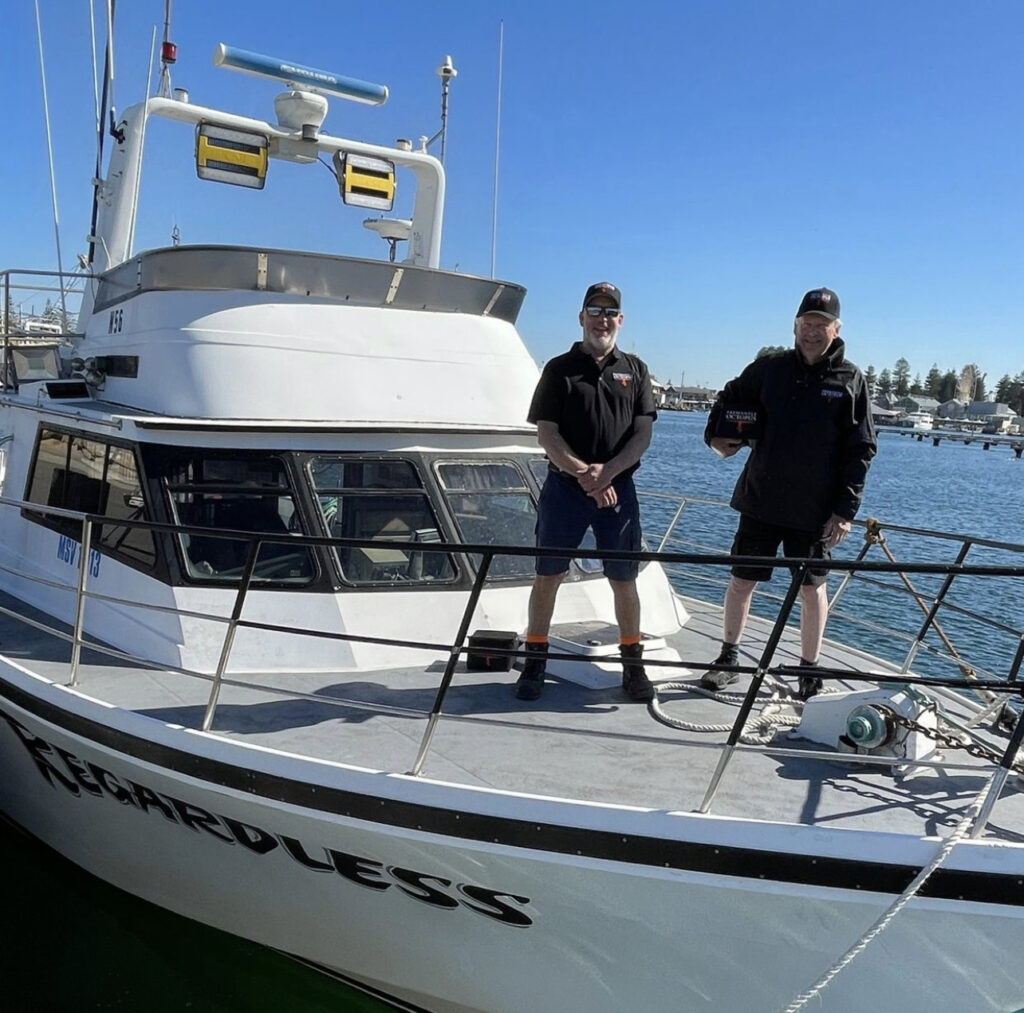
WA is about to export its first locally caught Octopus to the lucrative Chinese market, coinciding with the fishery receiving an internationally renowned sustainability certification.
The WA interim Octopus fishery this month received Marine Stewardship Council certification, recognised as the gold standard in eco-labeling for wild captured fisheries.
Wa Fishing Industry Council Chief Executive Alex Ogg said WA was only the second Octopus fishery in the world to receive the accreditation, the other being a small fishery on Spain’s north coast.
Mr. Ogg said it achieved this milestone after developing innovative techniques, including the invention of the Octopus Trigger Trap, and because fishers paid attention to how they operate around sensitive marine species.
Fremantle Octopus, which catches and processes about 70 per cent of the 300 tonnes caught annually, expects MSC certification will be the catalyst to a more profitable Octopus industry.
Fremantle Octopus managing director Glenn Wheeler said the accreditation would be viewed favourably by export markets, particularly Asia including China.
Only 10 per cent of Fremantle Octopus product is sold into Asia, principally Singapore. Mr Wheeler said Fremantle Octopus was about to send its first shipment to a distributor in Shanghai and estimated that within 18 months more than 50 per cent of its product would go to this lucrative market.
He cited the positive impact MSC certification 19 years ago had on WA’s $500 million rock lobster industry.
“Subsequent product price increases and consequential licence value increases in the crayfish industry created enviable levels of wealth for many lobster fishermen and licence or quota owners,” he said.
Fisheries Minister Dave Kelly said WA was a global leader in sustainable fisheries. WA has nine MSC Fisheries, the most in Australia.
“The Octopus fishery continues to develop markets and refine its fishing practices including trialing new innovative baited trap designs to grow the industry while ensuring the ongoing sustainability of the resource,” he said.
Written by Jenne Brammer
The West Australian Newspaper
Thursday, November 21 2019





